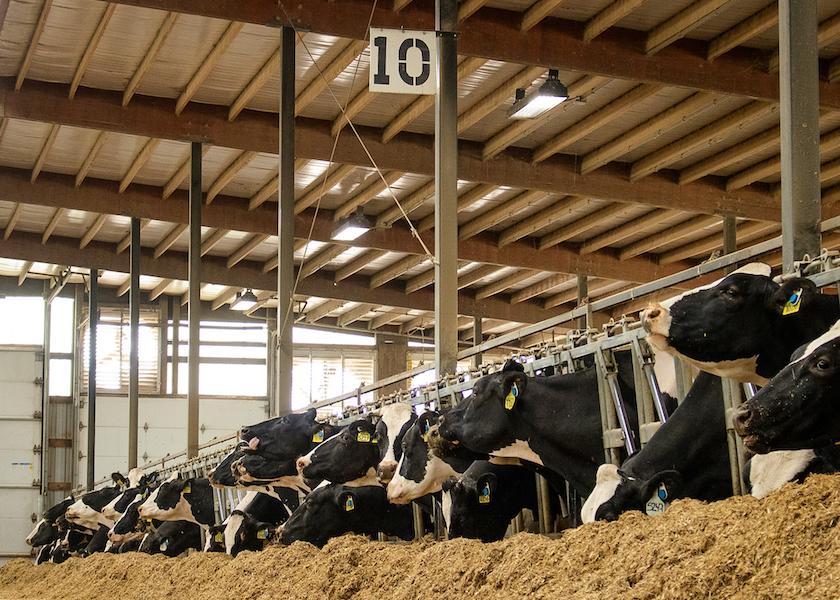New Federal Feed Additive Legislation Proposed

A bi-partisan coalition of U.S. representatives has proposed new legislation to streamline FDA approval of some feed additives.
The Innovative Feed Enhancement and Economic Development Act of 2023 (“Innovative FEED Act”) is intended to de-regulate the approval of new animal feed additives and encourage innovation by:
- Creating a new category of animal feeds called “zootechnical animal food substances” and defining them as substances that only act within the gastro-intestinal tract of the animal to lower food pathogens, reduce byproducts for animals, or affect its gut microbiome.
- Making it clear that zootechnical animal food substances would be regulated within FDA’s existing Food Additive Petition process for market approval, saving innovators time and money.
- Providing farmers with more voluntary tools to help nourish their animals and support farmers’ profitability.
- Leveling the playing field for American farmers and innovators.
Congressman Greg Pence (R-Indiana), lead sponsor of the bill, said “…it is critical that our nation’s farmers have access to these feed additives in a timely and affordable manner.” He added the new policy would shorten FDA review times of feed additives by several years, and that many other countries already have such expedited procedures for evaluating and approving new feed additives.
An extensive list of industry leadership groups – including the National Milk Producers Federation (NMPF) and American Feed Industry Association (AFIA) also support the bill. In addition to Pence, its primary sponsors are Congressman Jim Baird (R-Indiana); Congresswoman Kim Schrier (D-Washington); and Congresswoman Angie Craig (D-Minnesota), along with 8 other congressional members as co-sponsors.
For more on nutrition, read:







